Operations Security guide favored by ISIS recommends using Apple's iMessage for communications

After last week's terror attack in Paris, there was speculation that ISIS used the Sony Playstation console as an encrypted communications tool. Conflicting reports said that the terrorists employed cellphones and would text messages to each other without bothering to encrypt it. Either way, authorities were unable to prevent the attacks from happening. Law-enforcement officials trying to thwart these terrorists, have a tough job. Published reports do say that some attacks have been foiled because the terrorists failed to encrypt their communications.
Recently, a 34-page booklet has been discovered by the Combating Terrorism Center in West Point. The booklet is handed out by ISIS to recruits, although it was originally written by Kuwaiti security firm Cyberkov. Created to help political activists and journalists protect their identity and the identity of their sources, the booklet has been hijacked by ISIS as a way to teach followers how to keep their location and communications private.
The so-called OPSEC booklet (short for Operations Security) recommends certain messaging apps, while telling readers that they should avoid apps like Facebook because communications using the social network can be intercepted. Also considered a no-no is Dropbox. Some of the negative feelings about the cloud storage service is political; former Secretary of State Condoleezza Rice is on the company's board.
Services favored by the document include iMessage. Apple's messaging service cannot be broken into by government intelligence agencies, or by Apple itself. While VPN's are suggested, along with encrypted chat services, the OPSEC document recommends using Telegram or Sicher. Both are not headquartered in the U.S. The booklet also says that when using Android handsets or the iPhone, the official Twitter app should be used instead of third party apps. There also is a passage about using false Exif data to throw the authorities off your trail.
Other suggestions include the use of super secure encrypted phones like Blackphone. And in a bit of common sense, the document recommends turning off the GPS on any smart device used. Oddly enough, considering that ISIS recruits are suppose to follow the OPSEC booklet, there was no mention of the Sony Playstation that was allegedly used by the ISIS members that attacked Paris last week.
You can check out the document (it is a .pdf file) by clicking on the sourcelink.
source: ISIS-OPSEC via Wired
Services favored by the document include iMessage. Apple's messaging service cannot be broken into by government intelligence agencies, or by Apple itself. While VPN's are suggested, along with encrypted chat services, the OPSEC document recommends using Telegram or Sicher. Both are not headquartered in the U.S. The booklet also says that when using Android handsets or the iPhone, the official Twitter app should be used instead of third party apps. There also is a passage about using false Exif data to throw the authorities off your trail.
source: ISIS-OPSEC via Wired
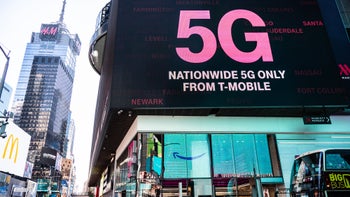
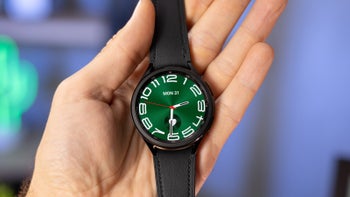
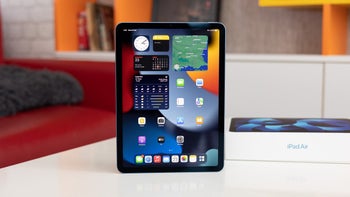
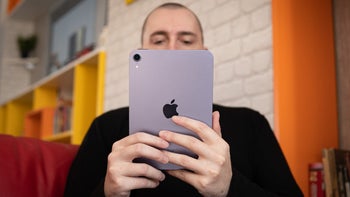

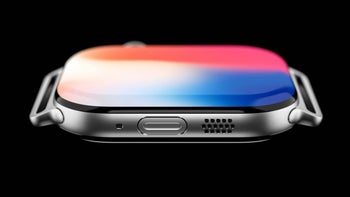
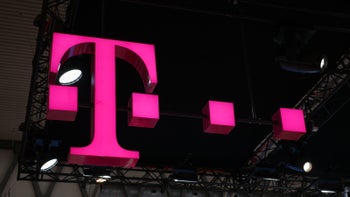
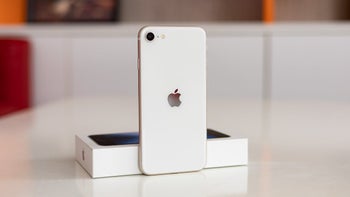
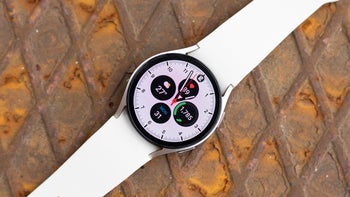
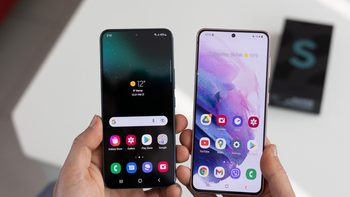


Things that are NOT allowed: